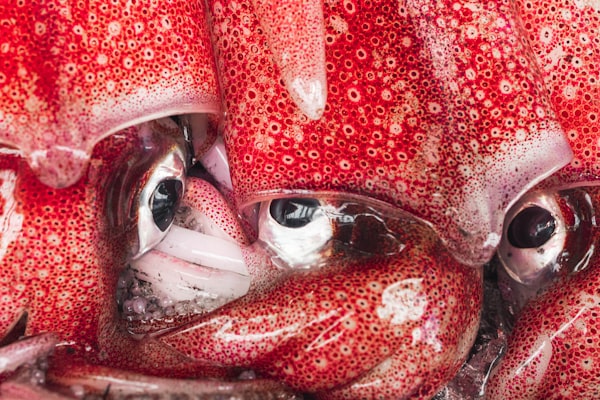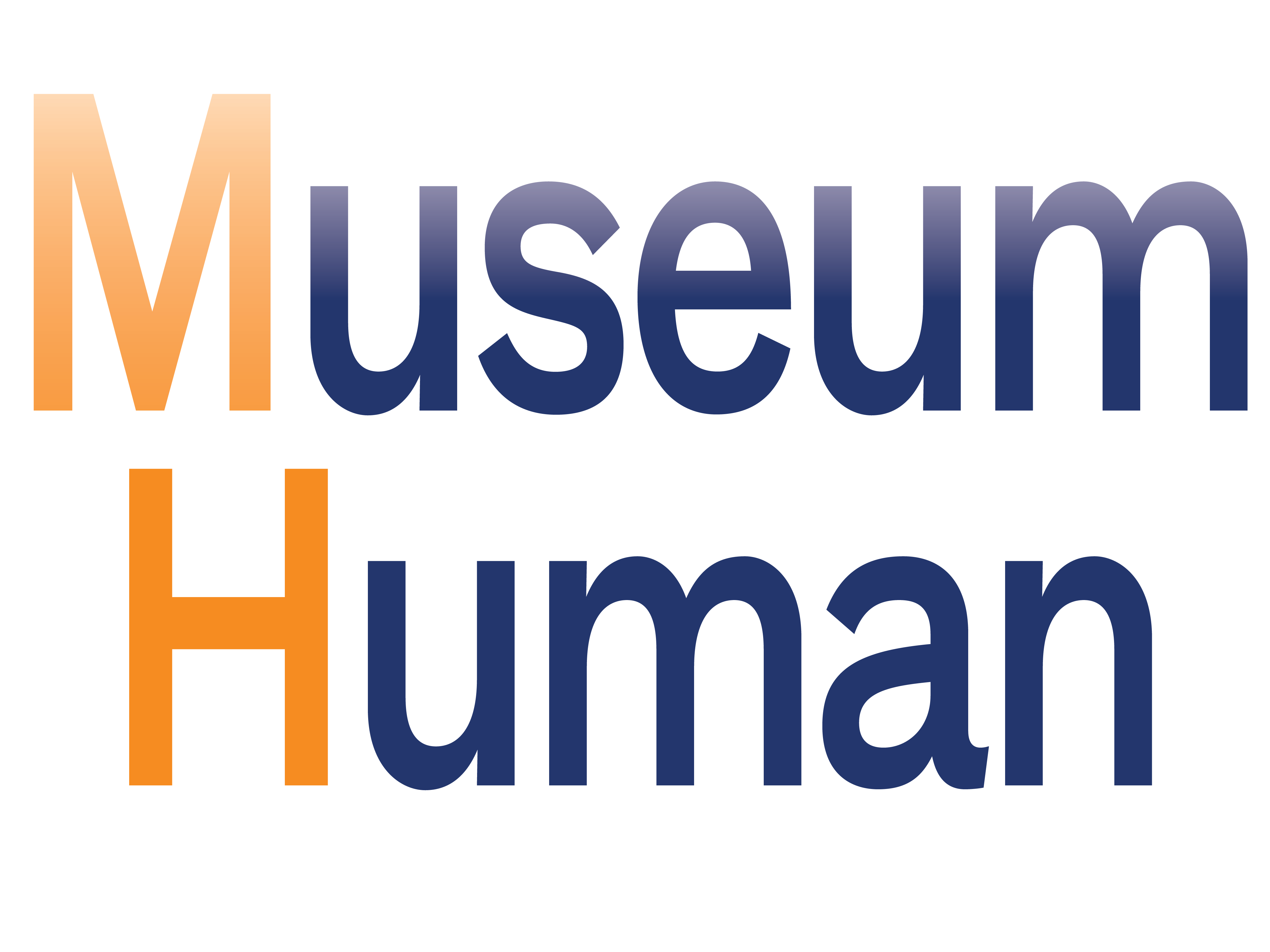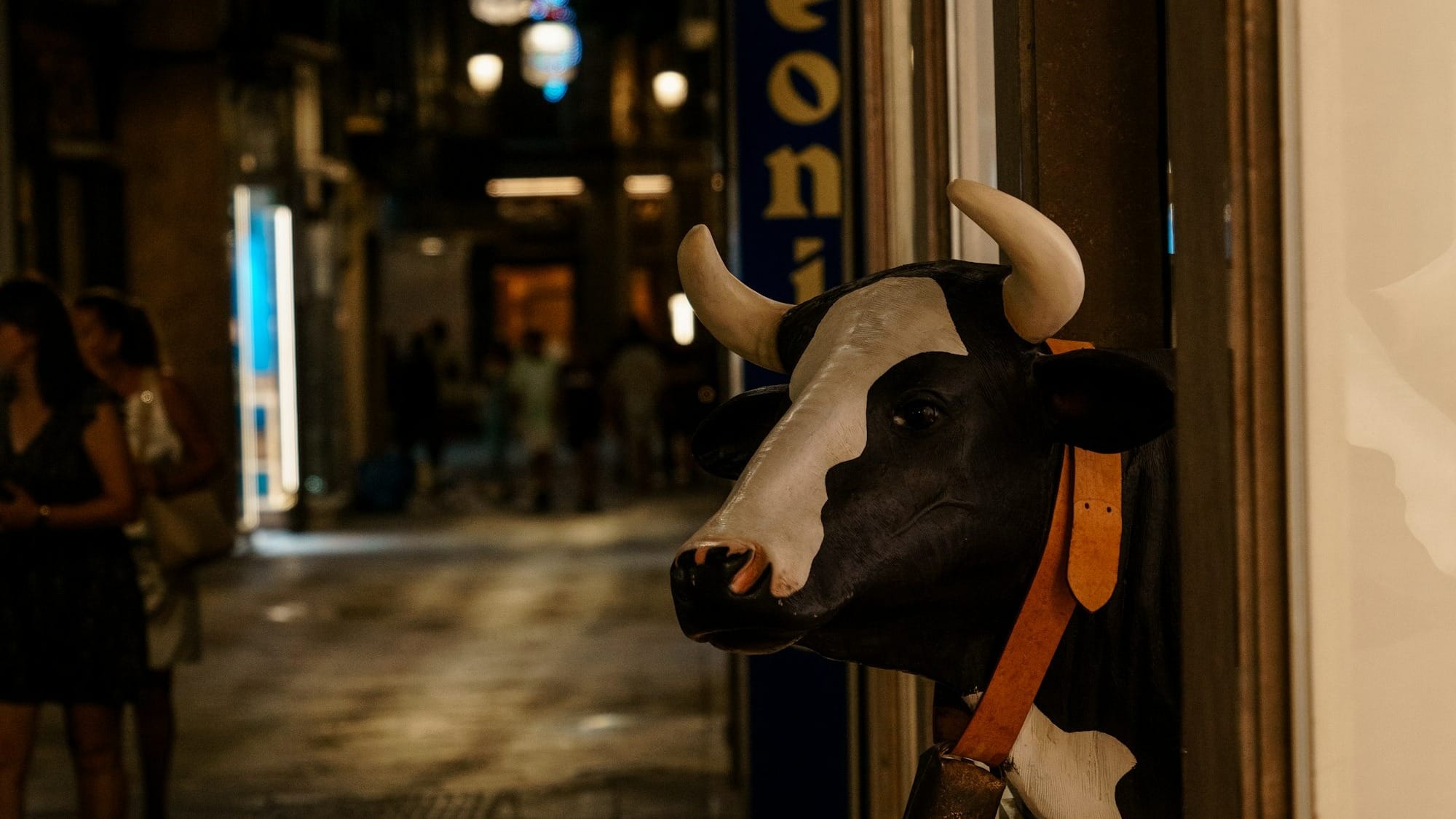
The hit show Squid Game makes sport of capitalism's hold on us. What are museum workers to do?
If you're reading this and not a subscriber to Museum Human, consider scrolling to the bottom and signing up now—it's free and is the only way to read the site's longer weekly post on the organizational culture of cultural organizations.
Maybe you've seen the South Korean tv series Squid Game on Netflix. Maybe you've watched reaction videos to it. (You don't watch reaction videos? It's a great way to build upon your knowledge of music and movies and watch others doing the same. Try these spoiler-filled reactions for Squid Game here and here.)
If you want articles about the show, here are some from New York magazine (also here, more directly about capitalism), Jacobin (capitalism-focused, natch), and BuzzFeed. Of historical interest, the term "vampire squid" has been used to describe the financial industry in its role in our capitalist 'scape (the first use I remember was this Rolling Stone article from 2010).
Museums can't escape the attention economy (no one can). More generally about the world, but certainly part and increasingly-difficult-to-get-in-the-new-supply-chain (read about the supply chain here and here) parcel of our (debt-laden, also here) Squid Game world:
- Here's a piece from Truthout on the poor election showing of Iceland's socialist party.
- I've mentioned I'm reading Hannah Arendt's The Origins of Totalitarianism; in that book, the popular "mob" plays a particular role in both that and imperialism, and we can see that mob growing here in the US, as per this Medium article.
- This essay in Medium finds that more than just Zillow is to blame for skyrocketing housing prices.
- Cory Doctorow, also in Medium, writes that ultra-low interest rates are caused by ultra-rich (bored enough to watch the debt-laden killing each other for sport?) sitting on cash or investing it in useless assets.
- Doctorow, who's become a must-read on Medium for me, wrote about a discussion between political economists Thomas Pinketty (his Capital in the 21st Century is next on my big-e-book list after Arendt) and Michael Hudson, in honor of the late rabble-rousing economics writer David Graeber.
- Douglas Rushkoff had more on NFTs and crypto—wondering if they can be used for something other than capitalist speculation. (Check out this recent short Twitter conversation about NFTs in the museum/art world.)
- Also on NFTs, here's Time about teen artists making money, though I wonder—real money? Or just like the lottery winners in 1984, there to keep our hopes up? Make no mistake, part of the NFT craze is from investors looking for ways to make money since the markets are facing headwinds and bonds and cash are flat or negative due to inflation fears. (Some might blame the government for printing too much money and feeding it into markets, but I think it's more complicated than that.)
- Here's Jared A. Brock on Medium with more on the crypto bubble—but if you must participate, why not, as Rushkoff also suggested, avoid speculation and treat it as a real asset—spend it immediately or give it away.
- Meanwhile, and I mentioned this earlier in the week, in museum union-land … here's Bloomberg and the Philadelphia Museum of Art staff union …
Enjoy your calamari. If museum workers are increasingly desperate enough to leave the field or unionize, then museum leaders won't have a culture to try to build—because workers won't stick around long enough or will have so much family wealth that it won't matter. The metaphor of all-versus-all-for-money makes for good tv; unfortunately, it doesn't make for a sustainable society or field.
If you're reading this and not a subscriber to Museum Human, consider signing up for a free subscription below—it's the only way to read the site's longer weekly post on the organizational culture of cultural organizations. Thank you for reading!
cover photo by Ryoga Otake / Unsplash) [description: a close-up of the reddish-orange, mottled heads of several squid with their eyes visible]

Links of the Week: October 15, 2021: Squid Museum by Robert J Weisberg is licensed under a Creative Commons Attribution-NonCommercial-ShareAlike 4.0 International License.






